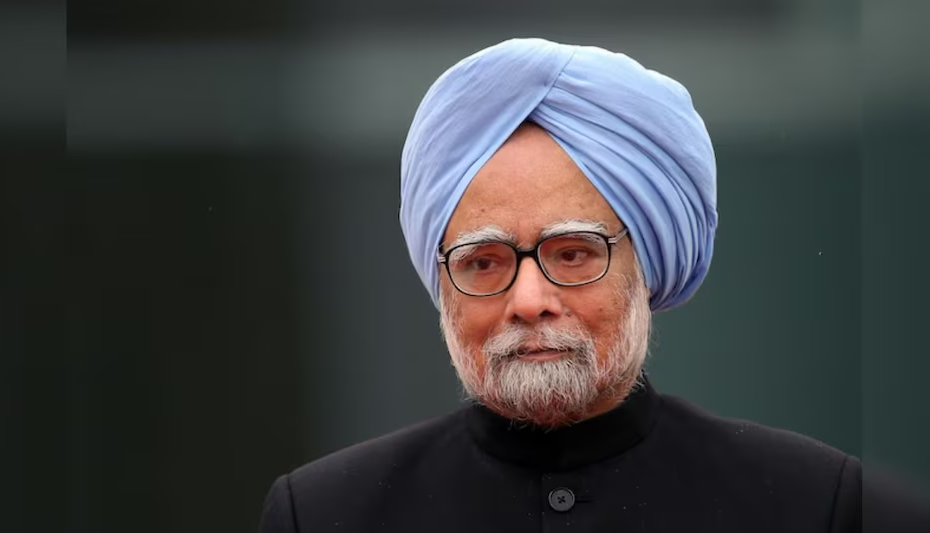Manmohan Singh’s name resonates with transformative change in India’s economic and political landscape. As a visionary economist and a statesman, Singh played a pivotal role in ushering the country into a new era of liberalization and growth. His tenure as Finance Minister in the 1990s and later as Prime Minister for a decade left an indelible mark on India’s trajectory, pulling millions out of poverty and integrating the nation into the global economy.
Economic Liberalization
In 1991, India faced a severe balance-of-payments crisis. Foreign reserves had dwindled to precariously low levels, and the nation was on the verge of economic collapse. Amid this turmoil, Manmohan Singh, serving as Finance Minister under Prime Minister P.V. Narasimha Rao, introduced a series of groundbreaking economic reforms that changed the course of the nation.
The reforms dismantled the infamous “license-permit raj,” a system that had stifled innovation and entrepreneurship. Singh spearheaded policies that:
- Opened India to Global Trade: Tariffs were slashed, and import restrictions were eased, paving the way for international partnerships and foreign investments.
- Privatized State-Owned Enterprises: By reducing state control, Singh created a more competitive and dynamic industrial sector.
- Deregulated Key Industries: Banking, telecommunications, and aviation saw significant growth as regulations were relaxed.
These reforms laid the foundation for India’s economic resurgence, fostering GDP growth that averaged 6% annually through the 1990s. The reforms also elevated India’s position on the global stage, attracting billions in foreign direct investment.
Fostering Inclusive Growth and Poverty Alleviation
Singh’s policies weren’t limited to macroeconomic stability. His vision extended to empowering those at the grassroots level. During his tenure as Prime Minister, Singh emphasized inclusive growth by launching several welfare schemes aimed at reducing poverty and bridging the rural-urban divide.
- Employment Generation: The Mahatma Gandhi National Rural Employment Guarantee Act (MGNREGA) provided guaranteed employment to rural households, lifting millions out of poverty.
- Rural Infrastructure Development: Roads, irrigation systems, and rural electrification projects transformed the agricultural sector and improved connectivity.
- Access to Education and Healthcare: Singh’s government expanded schools, introduced mid-day meal schemes, and strengthened healthcare systems, particularly in underserved areas.
These efforts not only improved living standards but also created opportunities for upward mobility, particularly among marginalized communities.
Global Leadership and Strategic Diplomacy
Manmohan Singh’s leadership extended beyond India’s borders, cementing its status as a global power. Under his stewardship, India gained recognition as a key player in international affairs.
- Civil Nuclear Agreement with the United States: Singh negotiated a landmark deal in 2008, ending India’s nuclear isolation and opening doors for energy cooperation.
- Leadership in Global Forums: India’s active participation in BRICS and the G20 under Singh’s tenure showcased its growing influence.
- Strengthened Bilateral Ties: Singh fostered strategic partnerships with countries like the US, Russia, and Japan, while also enhancing regional cooperation in South Asia.
Singh’s economic diplomacy aligned with his domestic policies, ensuring India’s robust integration into the global economy.
Manmohan Singh – The Symbol of Hope
For many Indians, Manmohan Singh represented more than a technocrat or politician. He was a symbol of hope and resilience. His belief in the power of a market economy resonated with a generation that grew up amid economic and social challenges.
Singh’s quiet demeanor and unwavering focus on progress earned him respect across political and social divides. He was often described as the “gentle reformer” whose actions spoke louder than words.
Challenges and Criticism
No legacy is without its flaws, and Singh’s tenure faced significant challenges. During his second term as Prime Minister, his government was criticized for policy paralysis and corruption scandals, including the 2G spectrum allocation and coal block allocation controversies. These issues tarnished his administration’s reputation and sparked widespread protests.
Despite these setbacks, Singh’s contributions to India’s economic foundation and global stature remain unmatched. His ability to navigate complex challenges while maintaining his integrity is a testament to his character and leadership.
The Enduring Legacy of Manmohan Singh
Manmohan Singh’s legacy is not merely a chapter in India’s history; it is the story of a nation’s rebirth. His reforms, vision, and leadership set the stage for sustained economic growth and global recognition. From rural villages to urban centers, his policies touched lives and inspired dreams.
As India continues its journey toward becoming a global superpower, the seeds sown by Singh serve as a reminder of what quiet determination and visionary leadership can achieve. His passing marks the end of an era, but his impact will resonate for generations to come.


 Schedule a free call
Schedule a free call